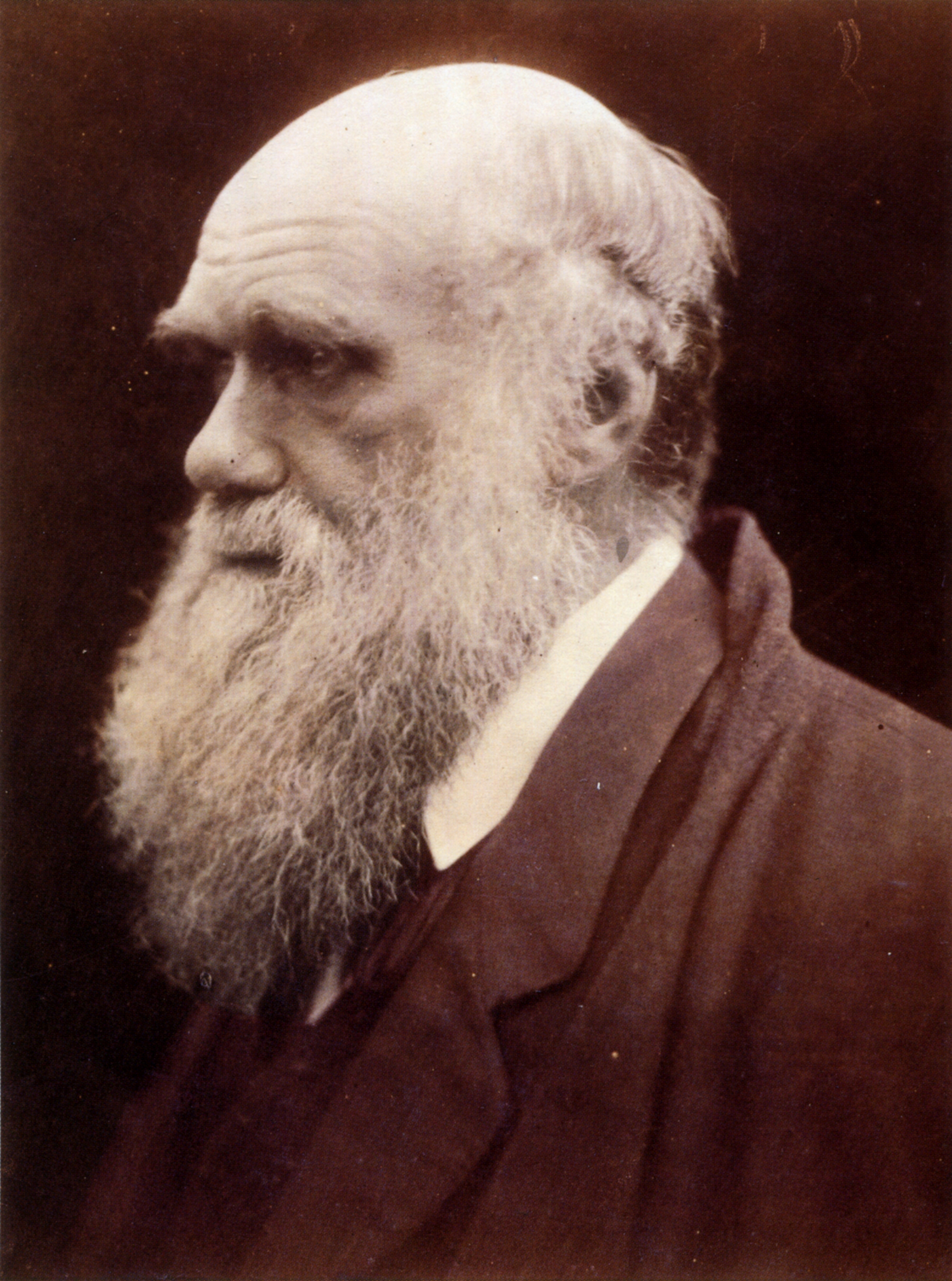|
Emma Mbua
Emma Mbua (born 1961) is a Kenyan Paleoanthropologist and a curator, who is the first East African woman to work as a paleoanthropologist. Career Mbua was born in 1961. Her career began in 1979 when she began work at the National Museums of Kenya. She applied for a role there after finishing her A-Levels at Lugulu High School.Thang'wa, Josephine.The evolution of East Africa's first African woman palaeoanthropologist. ''Kenya Past and Present'' 32.1 (2001): 72-75. While at the National Museum of Kenya, Emma was stationed at Paleontology, palaeontology laboratory for two years before she was moved to the human origins section. In 1985, she began an MPhil qualification at the University of Liverpool in 1993. She completed her doctorate at the University of Hamburg with Günter Bräuer in 2001, in which she studied the transition of homo erectus to modern humans. She is the first woman from East Africa to have a career as a paleoanthropologist. Mbua has worked at a number of differe ... [...More Info...] [...Related Items...] OR: [Wikipedia] [Google] [Baidu] |
Paleoanthropologist
Paleoanthropology or paleo-anthropology is a branch of paleontology and anthropology which seeks to understand the early development of anatomically modern humans, a process known as hominization, through the reconstruction of evolutionary kinship lines within the family Hominidae, working from biological evidence (such as petrified skeletal remains, bone fragments, footprints) and cultural evidence (such as stone tools, artifacts, and settlement localities). The field draws from and combines primatology, paleontology, biological anthropology, and cultural anthropology. As technologies and methods advance, genetics plays an ever-increasing role, in particular to examine and compare DNA structure as a vital tool of research of the evolutionary kinship lines of related species and genera. Etymology The term paleoanthropology derives from Greek palaiós (παλαιός) "old, ancient", ánthrōpos (ἄνθρωπος) "man, human" and the suffix -logía (-λογία) "study of". Hom ... [...More Info...] [...Related Items...] OR: [Wikipedia] [Google] [Baidu] |
Bill Bryson
William McGuire Bryson (; born 8 December 1951) is an American–British journalist and author. Bryson has written a number of nonfiction books on topics including travel, the English language, and science. Born in the United States, he has been a resident of Britain for most of his adult life, returning to the U.S. between 1995 and 2003, and holds dual American and British citizenship. He served as the chancellor of Durham University from 2005 to 2011. Bryson came to prominence in the United Kingdom with the publication and accompanying television series of ''Notes from a Small Island'' (1995), an exploration of Britain. He received widespread recognition again with the publication of '' A Short History of Nearly Everything'' (2003), a book widely acclaimed for its accessible communication of science. In October 2020 he announced that he had "retired" from writing books, although in 2022 he recorded an audiobook for Audible, entitled 'The Secret History of Christmas'. He has ... [...More Info...] [...Related Items...] OR: [Wikipedia] [Google] [Baidu] |
21st-century Kenyan Scientists
The 1st century was the century spanning AD 1 ( I) through AD 100 ( C) according to the Julian calendar. It is often written as the or to distinguish it from the 1st century BC (or BCE) which preceded it. The 1st century is considered part of the Classical era, epoch, or historical period. The 1st century also saw the appearance of Christianity. During this period, Europe, North Africa and the Near East fell under increasing domination by the Roman Empire, which continued expanding, most notably conquering Britain under the emperor Claudius (AD 43). The reforms introduced by Augustus during his long reign stabilized the empire after the turmoil of the previous century's civil wars. Later in the century the Julio-Claudian dynasty, which had been founded by Augustus, came to an end with the suicide of Nero in AD 68. There followed the famous Year of Four Emperors, a brief period of civil war and instability, which was finally brought to an end by Vespasian, ninth Roman emperor, ... [...More Info...] [...Related Items...] OR: [Wikipedia] [Google] [Baidu] |
21st-century Kenyan Women Scientists
The 1st century was the century spanning AD 1 ( I) through AD 100 ( C) according to the Julian calendar. It is often written as the or to distinguish it from the 1st century BC (or BCE) which preceded it. The 1st century is considered part of the Classical era, epoch, or historical period. The 1st century also saw the appearance of Christianity. During this period, Europe, North Africa and the Near East fell under increasing domination by the Roman Empire, which continued expanding, most notably conquering Britain under the emperor Claudius (AD 43). The reforms introduced by Augustus during his long reign stabilized the empire after the turmoil of the previous century's civil wars. Later in the century the Julio-Claudian dynasty, which had been founded by Augustus, came to an end with the suicide of Nero in AD 68. There followed the famous Year of Four Emperors, a brief period of civil war and instability, which was finally brought to an end by Vespasian, ninth Roman emperor, ... [...More Info...] [...Related Items...] OR: [Wikipedia] [Google] [Baidu] |


